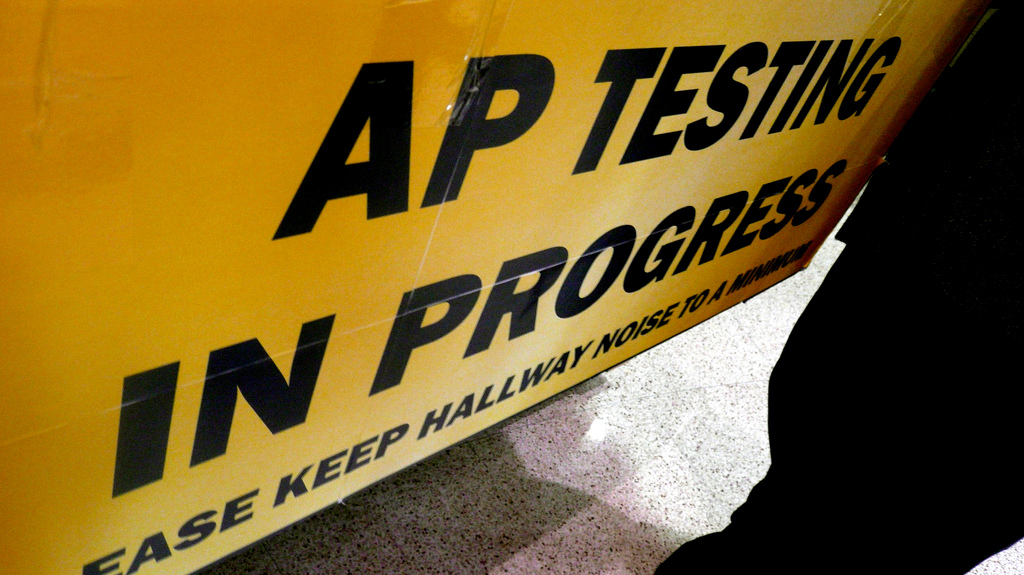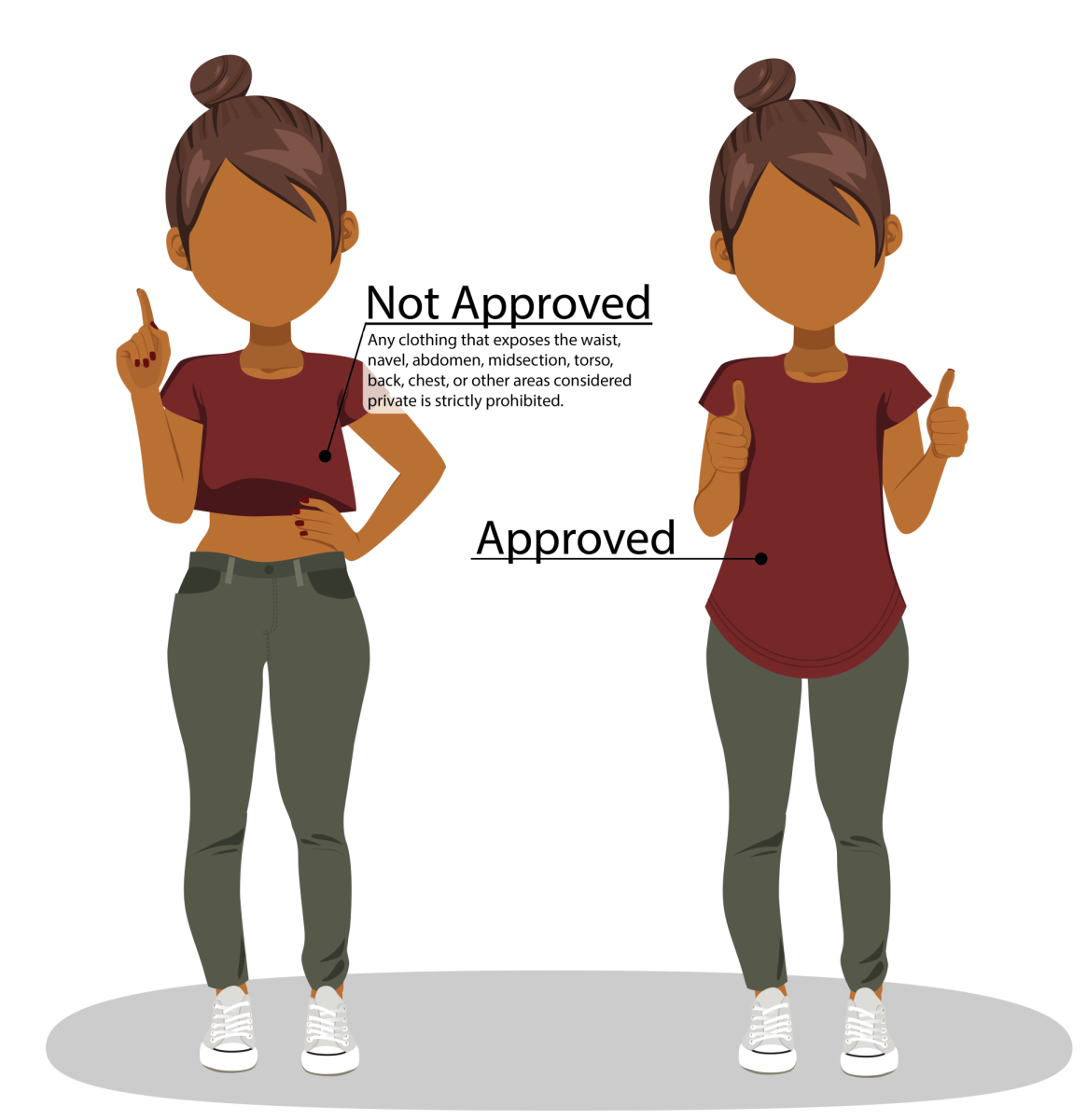13 Things To Know Before You Take AP
May 10, 2017
Everyone has heard the horror stories of classes like AP World and AP Calculus. I myself was a student of AP World, and just like all of the rumors, it is an incredibly difficult class. From the high workload to the piles of study materials, it was the most intimidating thing ever to me. Many people told me that I just had to push through it, and some even suggested I stop working so hard on my other classes and just focus on this one. And I did something that was highly frowned upon, something that most considered the “coward’s way out.” I dropped the class and went down to on-level History I instead. And you know what? I don’t regret it at all. That became my favorite class of the year, possibly of my entire school career, and I hate history! Could I have passed AP World if I had just gone through it? Yes, most likely. Would it had been a great experience and practice for a real life college class? Absolutely. But the fact of the matter is I was not ready. I didn’t know what I was in for, and once I dove in blind I felt like I was drowning. It felt awful.
AP classes are common in high school. It’s for those who want to test their might by attempting a college-level class while still in high school. Many people look at it as the “Smart People” classes, while the on-level classes are considered the “Dumb People” classes. This is an awful misnomer, and is a misconception most students are guilty of having. There is no intelligence level difference between the two classes, but more of an required-effort difference. Many AP classes assign much more homework than an on-level class, and require more studying on your own to actually grasp the material you are being taught. It is possible for anyone to take an AP class and pass, but that is entirely up to each individual’s work ethic. Some people are better suited to AP classes, and others simply aren’t. Classes like this can affect many things outside of school, and you may just not have the time in your personal life. By no means does taking an on-level class make you any less smart than those who take AP.
My intention is not to dissuade anyone from taking the classes they want, but much the opposite. Take the challenge. Throw yourself in and come out on top, but don’t go in blind like I did! Here is a list of ten things you need to know before you take an AP class, as said by students who have already taken them!
- Dedication and hard work will be required but the end goal will be worth the time and effort.
- Know your teacher! Get to know how they teach and want things done, but most importantly COMMUNICATE WITH THEM. It’s amazing how much one email can clarify things when you’re stuck, and how understanding they can be of personal issues.
- Don’t freak out so much. Seriously. It’s just another class. It doesn’t determine your entire future.
- Be focused and put aside a bit more time for your AP classes than your regular classes. You’re going to need it!
- The teachers structure their classes for a reason (I promise they really do) and even though it may make no sense at the moment, once you start filling out that bubble sheet, you will know just how much time and energy they took to teaching you your material.
- Yes, AP looks good on college applications, but not if you’re struggling to pass the class. Don’t do it solely for that reason.
- College credit is NOT guaranteed just because you take the class. You can have a 100% in the class and still not receive college credit. That depends entirely on how well you do on the AP Exam at the end of the year, a standardized test that is graded 1-5. Receive a 1, you get nothing. Receive a 2 or above, your parents get their money back for the class. Receive a 3 or above, you might receive college credit depending on what college you’re sending it to and how high the score is. (Example: KU will only grant and English credit for a 4 or 5 on the AP Exam)
- Because of the information listed before, DO YOUR RESEARCH. Make sure the college you want to attend at the moment accepts the credit if that is your main goal, and see what score you have to get to obtain credit.
- Ask your teachers if they think you can do it. Many teachers know your work ethic better than you do, and will be honest with you should you ask. Just be prepared for the truth!
- Don’t overload. You know your limits. It’s okay to push them a little bit to get out of your comfort zone, but don’t overload on difficult classes if you can’t handle them. All of your grades will feel the effect if you do, not just your AP Classes.
- It’s okay to cry. Really!
- If there is extra credit, do it. Just do it. At the end of the semester you will thank yourself.
- Never break eye contact with Lujano.
A special thanks to Taylor Verrow, Megan Wiens, Maria Martin, and many others for helping to compile this list!















